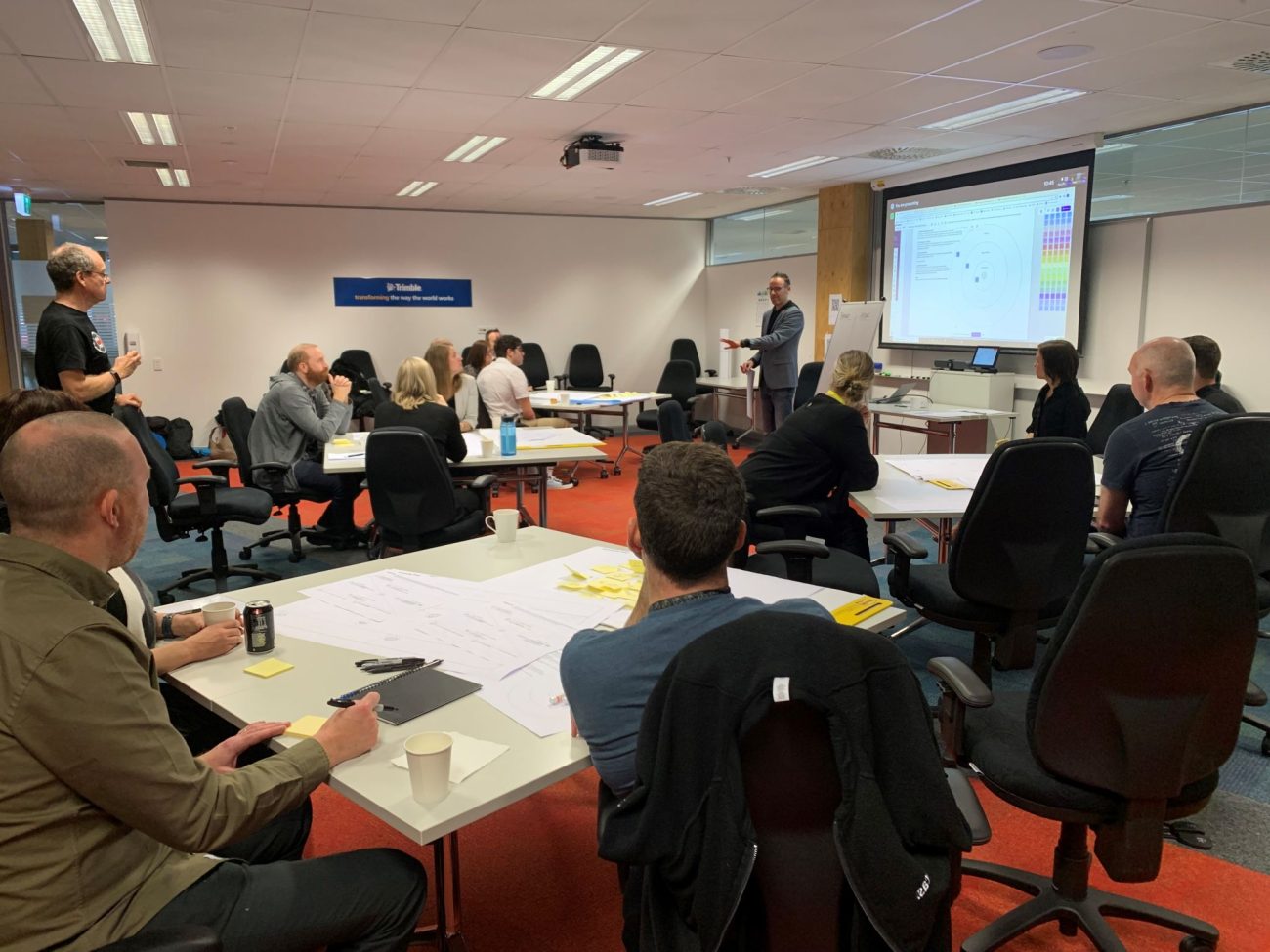Over recent months, Aotearoa New Zealand has been promoting this country as a leader in ethical, innovative, inclusive, and sustainable products and services that enhance the global view of New Zealand. Our digital technology sector is aligning with this messaging.
Digital technology is one of New Zealand’s fastest-growing sectors, but the sector’s ambition has been seriously affected by global skill shortages and border closures. We need to attract more homegrown skills, to balance our need for international skills and experience. As a country, we are not alone with this challenge.
There is a global trend to invest in high-level creative skills. Internationally, technology companies are targeting neurodiverse candidates. But our country is lagging in understanding the benefits of broadening our view of inclusion.
It is interesting to note that many successful technology companies were started by neurodiverse people, but as they grew and developed a corporate structure, they often lost sight of the very creativity that gave impetus to the business.
To address the skills gap, and help support growth in our companies, neurodiversity, as well as cultural and gender diversity need to be supported in new ways.
In the neurodiversity community, dyslexia is prevalent and there is statistical evidence that one in ten New Zealanders can be identified as dyslexic.
Dyslexic skills tend to be the very skills that are highly desirable in the 21st century. These are communicating, imagining, visualising, exploring, connecting and reasoning.
“Dyslexic skills tend to be the very skills that are highly desirable in the 21st century. These are communicating, imagining, visualising, exploring, connecting and reasoning.”
Significant numbers of dyslexic people in New Zealand struggle to fit into the usual workplace structures. Releasing dyslexic people’s many skills would be of huge benefit to the country both financially and socially, starting with how they are currently supported. Once we understand how to do this well, we can move on to recruiting into roles that recognise their special skills. Rather than focusing on deficits.
My company has partnered with Canterbury Tech to bring a pilot project to life, supported by the Ministry of Business, Innovation and Employment, and a small group of corporate and private sector investors.
I have always maintained that diversity of mind is critical to the design of effective outcomes in any sector.
My involvement in the tech sector gave me the perfect starting point for identifying the innate skills of dyslexic people in a sector that requires more skills, among them, challenging and creative minds.
From the beginning, I recognised that if we were going to do anything at all, we had to narrow the field to dyslexia for this pilot, something I am very familiar with.
The goal of my team and our project partners is, through a participatory design process, to develop and test a human resources and recruitment ‘playbook’ for the sector.
Judging by the enthusiasm of our team members from Trimble Inc., Phocas Software and Inde Technology, the project is well on its way.




